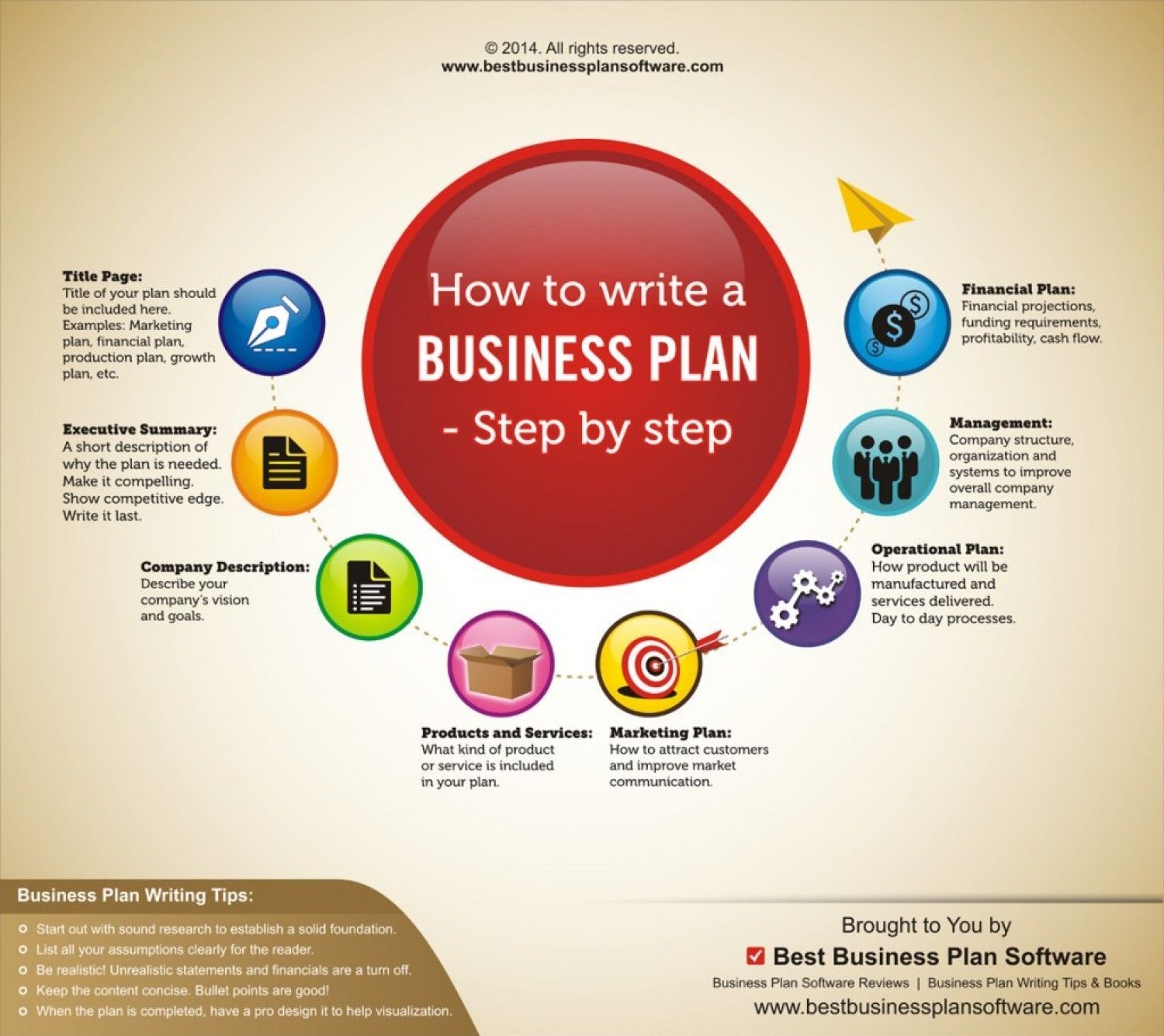How to Write a Business Plan: Step-by-Step Guide
Creating a solid business plan is essential for any tech startup looking to secure funding, attract investors, and set a clear direction for their company. A well-written business plan not only outlines your goals and strategies but also serves as a roadmap for the future of your business. In this step-by-step guide, we will walk you through the process of writing a comprehensive business plan that will help your tech startup succeed.
1. Executive Summary
The executive summary is the first section of your business plan and should provide a concise overview of your company, its mission, and its goals. This section should grab the reader’s attention and give them a clear understanding of what your tech startup is all about. Include key details such as your target market, unique selling proposition, and financial projections.
2. Company Description
In this section, you will provide a more detailed description of your tech startup, including its history, structure, and legal status. Describe your products or services, target market, and competitive advantage. This section should give investors a clear understanding of what sets your company apart from the competition.
3. Market Analysis
Conduct thorough market research to identify your target market, competitors, and industry trends. Analyze the size of the market, its growth potential, and any challenges or opportunities that may impact your business. Use this information to develop a marketing strategy that will help you reach your target customers and stand out in the market.
4. Organization and Management
Outline the organizational structure of your tech startup, including the roles and responsibilities of key team members. Highlight the qualifications and experience of your management team, and explain how their expertise will contribute to the success of your business. Investors want to know that your team has the skills and knowledge needed to execute your business plan effectively.
5. Products and Services
Detail the products or services your tech startup offers, including their unique features and benefits. Explain how your offerings meet the needs of your target market and differentiate your company from competitors. Include any intellectual property or proprietary technology that sets your products or services apart in the marketplace.
6. Marketing and Sales Strategy
Develop a comprehensive marketing and sales strategy that outlines how you will attract customers, generate leads, and drive sales. Identify your target customer segments, pricing strategy, distribution channels, and promotional tactics. Set measurable goals and metrics to track the success of your marketing and sales efforts.
7. Financial Projections
Create detailed financial projections for your tech startup, including income statements, balance sheets, and cash flow forecasts. Project your revenue, expenses, and profits for the next three to five years, and explain the assumptions behind your financial model. Investors will use this information to assess the financial viability of your business and the potential return on their investment.
8. Funding Requirements
Determine how much funding your tech startup needs to reach key milestones and achieve your business objectives. Outline how you plan to use the capital, whether for product development, marketing, hiring, or other expenses. Specify the type of funding you are seeking (e.g., equity, debt, or grants) and the terms you are offering to investors.
9. Appendices
Include any supporting documents or additional information that reinforces your business plan, such as market research data, sales forecasts, resumes of key team members, or legal documents. Appendices can provide supplemental details that enhance the credibility and completeness of your business plan.
By following this step-by-step guide, you can create a comprehensive business plan that will set your tech startup on the path to success. Remember to tailor your business plan to the specific needs and goals of your company, and revise it regularly as your business evolves. A well-written and thoughtfully crafted business plan will not only impress investors but also serve as a valuable tool for guiding the growth and development of your tech startup.


